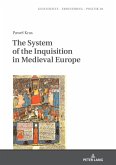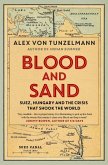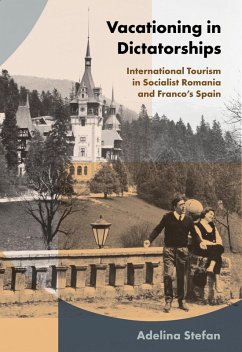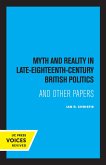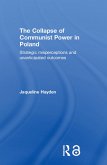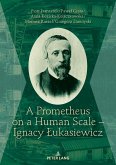This book shows how vernacular communities commemorate their traumatic experiences of the Second World War. Despite having access to many diverse memory frameworks typical of late modernity, these communities primarily function within religious memory frameworks. The book also traces how they reacted when their local histories were incorporated into the remembrance practices of the state. The authors draw on case studies of four vernacular communities, notably Kalków-Godów, Michniów, Jedwabne and Markowa, to argue that it is still possible in the Polish countryside to discover
milieux de mémoire. At the same time, they show that the state not only uses local histories to bolster its moral capital in the international arena, but also in matters of domestic policy.
Dieser Download kann aus rechtlichen Gründen nur mit Rechnungsadresse in A, B, BG, CY, CZ, D, DK, EW, E, FIN, F, GR, HR, H, IRL, I, LT, L, LR, M, NL, PL, P, R, S, SLO, SK ausgeliefert werden.



